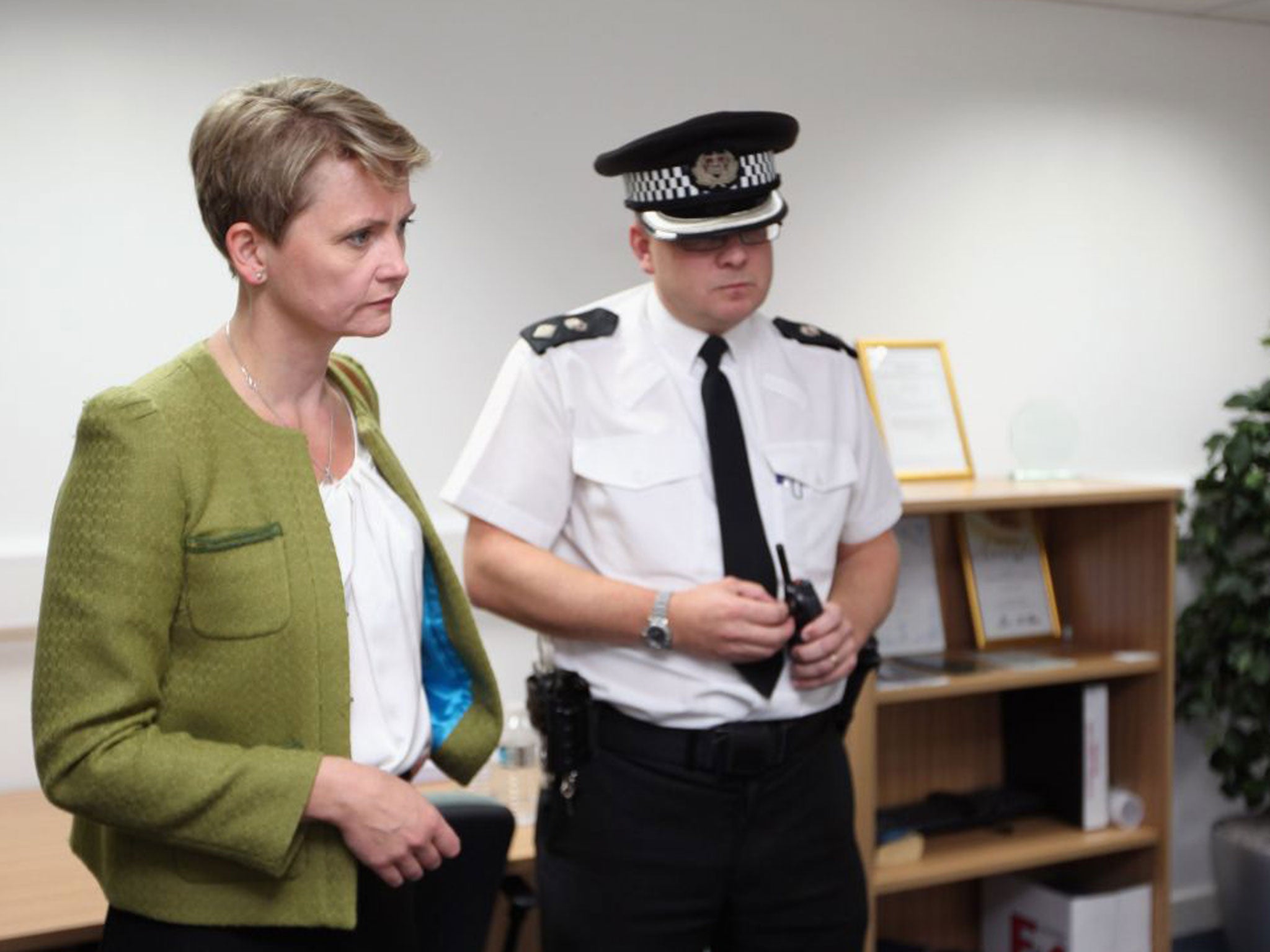Tough on crime, but not so smart about it
Labour's dismissal of restorative justice jars with the party's core values


Some years ago, I was privileged to hear a speech by John Sentamu, who was then Bishop of Birmingham, on the subject of restorative justice, an approach to crime and punishment that involves the victim in the process, encourages perpetrators to repair the damage they have caused, and goes against the idea that justice relies principally on a form of retribution.
It was a moving and entirely convincing address by a man who went on to become the Archbishop of York, and, in a rather less godly career move, a columnist for The Sun newspaper. His reasoning certainly persuaded me, and there's a good deal of evidence to show that, by inspiring a dialogue between victim and offender, this system of justice gives the victim a greater sense of satisfaction, and decreases the incidence of repeat offending.
Long before the idea reached the developed world, the Maoris of New Zealand successfully employed this system as a way to maintain social cohesion and the stability of family groups. Anyway, it seems that, below the radar (and away from the thundering disapproval of right-wing commentators), a form of restorative justice has been in operation in Britain.
Police have been using “community resolutions” - an apology from the offender and/or compensation to the victim - in place of prosecutions or cautions in an effort to reduce the burden on the criminal justice system and to avoid criminalising many, many more citizens. Rather sensible, if you ask me.
The guidelines for police make it clear that these resolutions should be used for minor offences - where, for example, no physical injury has been inflicted - but, according to details obtained under Freedom of Information by the Labour Party, “community resolutions” are increasingly being used in more serious offences, such as violent crime.
Yvette Cooper, the shadow Home Secretary, has been making quite a song and dance about this, saying “offenders who admit to serious and violent crimes...are increasingly being let off with no criminal record, no justice and not even a caution. That's bad for justice, bad for victims...”
But surely we don't know yet whether it's bad for justice. The point of this approach to dealing with crime is that it reduces repeat offending, which is good for society as a whole, and not just for the victims of individual offences. So Ms Cooper is making a judgement on the efficacy of this formula for dealing with crime while in possession of only one half of the equation.
I can understand why Labour have to postulate a tough stance on crime, but it makes no sense to undermine a system that they have in the recent past been fully behind, and would appear to be in sympathy with their core values.
Only last year, shadow Justice Secretary Sadiq Khan told the Labour Conference that “evidence shows our battle to lower re-offending can be helped by the use of restorative justice” and the party's last manifesto pledged a law to give any crime victim access to this form of reparation. So it is especially disappointing to hear Ms Cooper taking a short-term view and scoring political points when she should be supporting a more forward-thinking approach to law and order.
Join our commenting forum
Join thought-provoking conversations, follow other Independent readers and see their replies
Comments
Bookmark popover
Removed from bookmarks